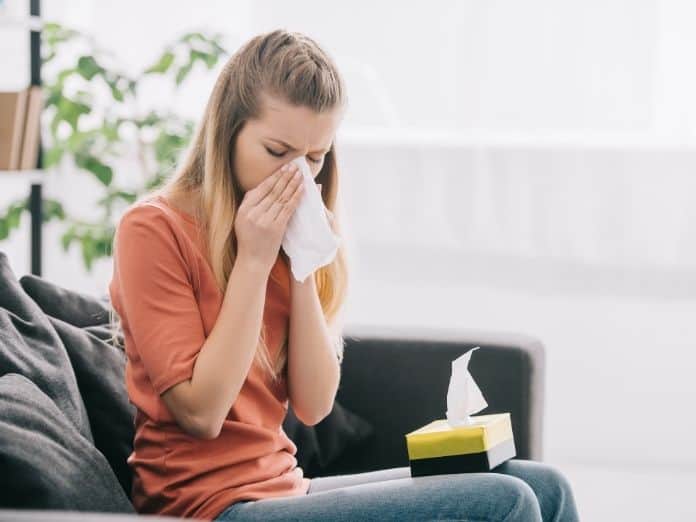When you don’t feel well and you don’t know why, you have to consider all the possibilities. Is it a cold? A sinus infection? A virus? Is your home triggering your allergies? We can help you with that last question, because with some preventive measures, you can take steps toward allergy-proofing your home. The only way to know for sure if you’re having a reaction to something is with a blood test, but if you’re sneezing, any of the following could be the culprit.
Your Vacuum Cleaner
Conventional wisdom is that the more you clean, the more you eliminate allergens such as dust, pollen, and dirt. But if your vacuum cleaner is low-efficiency, the tiny allergens can get sucked through the filter and forced back out through the machine’s exhaust, scattering the particles more. If you suspect that cleaning isn’t helping your allergies any, it might be time to invest in a new vacuum. Something with a HEPA filter will be tougher for allergens to squeeze through.
Your Décor
If your drapes, carpet, or bedding date back more than five years, they might be harboring allergens that are just as old. The problem is that you can’t see dust mites, so you may not think to wash the curtains regularly or buy a new mattress. But these little monsters feed on the flakes of skin you shed and breed prolifically; millions of them hunker down in your fabrics and anywhere dust lingers. The problem isn’t just the mites; it’s also that they can produce up to 200 times their own body weight in waste. Hot water can kill mites, so be sure to wash your bedding and window treatments regularly. And steam-clean your carpet regularly, too; if it’s looking shabby, it might be time to start over with a new one.
Your Home’s Humidity Level
If you’re still worried that your home is triggering your allergies, one fix can make a big difference. Adjust the humidity inside your home, because mold is more likely to grow in a moist environment. You can prevent that by keeping humidity levels no higher than 40 percent with a dehumidifier. But beware: too little humidity can exacerbate your allergies, too. When humidity is under 20 percent, the air is so dry that the body responds by creating excess mucous moisture. That’s when you need a humidifier instead. Confused? The easiest thing to do is to get a hygrometer, which measures the humidity in your home so that you know unequivocally if the levels are in the sweet spot.






